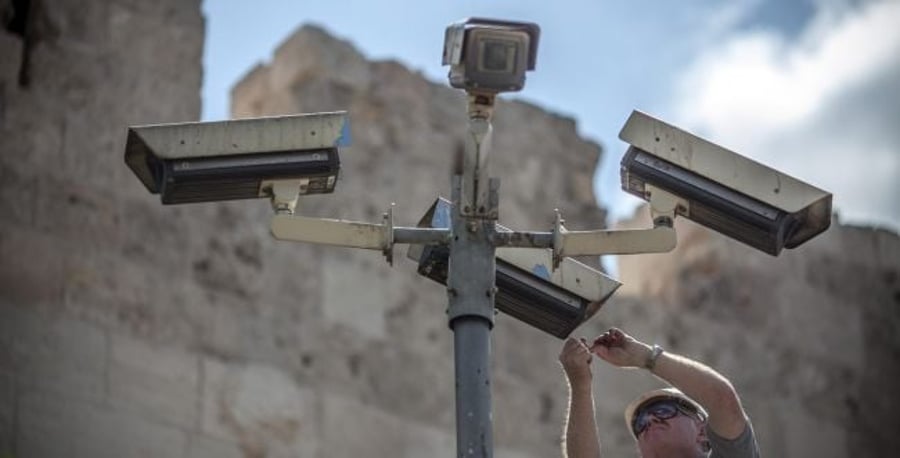
The Ministerial Committee on Legislation today (Monday) approved a law by the Minister of National Security Itamar Ben-Gvir and the Minister of Justice Yariv Levin, to approve the use of facial recognition cameras, with the aim of it being a significant tool in the fight against crime, especially crime in the Arab sector.
The law will be promoted after it came up in the past and it was rejected due to an overly broad interpretation of the permission to use cameras. After discussions between the ministries of national security and justice, it was decided to reduce the law to cases of "serious crime" protection offenses.
The opinion submitted on behalf of the legal adviser to the government also sided with the promotion of the bill, while continuing to choose the accuracy of the arrangement on the technological supervision.
The updated version will explicitly state that these cameras will no longer be used to enforce free speech events such as demonstrations, and in addition, the proposal stipulates a three-year prison sentence for those who make illegal use of these camera records.
Ministers Itamar Ben-Gvir and Yariv Levin stood by their demand to insert a section in the law that specifically excludes offenses from the areas of freedom of expression and demonstration so that it is clear that the new tools requested by the police cannot be used for these purposes in cases of freedom of expression events.

Ben-Gvir: "Limiting the use to serious cases"
In addition, the committee of ministers headed by Levin decided, that the law will be promoted subject to a discussion with the commissioner of biometric applications about the technological supervision and the length of time the photographs are kept.
Minister of National Security Itamar Ben-Gvir: "We brought a precise and balanced law. At a time when the number of murdered people in the Arab sector is increasing and protection offenses are common, it is very important for cameras that recognize faces - which are common in different countries of the world, and on the other hand, in our shift, we will do everything to prevent the improper use of cameras, and for that, we set a prison sentence as well as limiting the use to serious cases of serious crime and protection events".
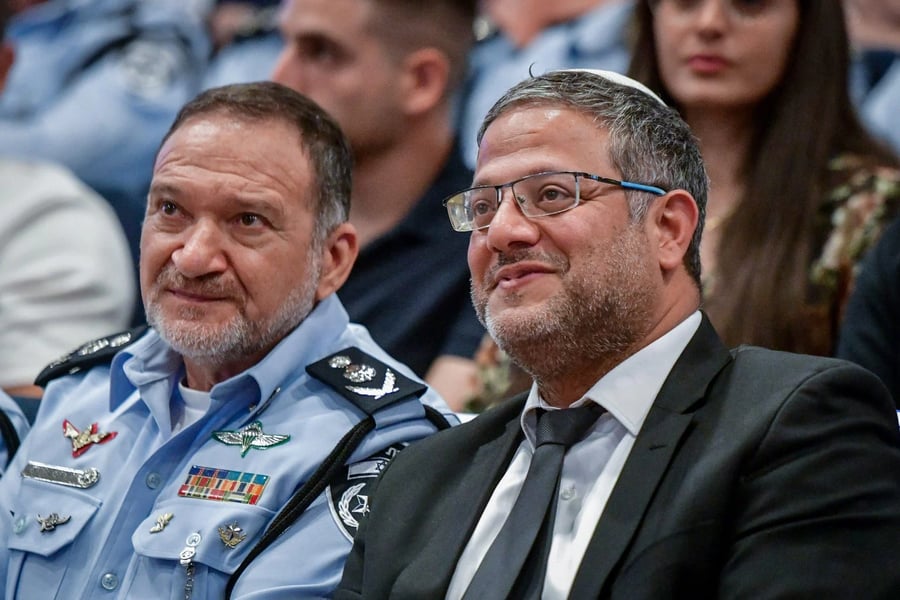


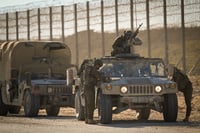
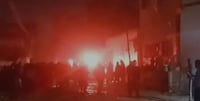
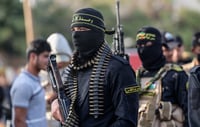
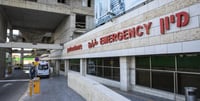
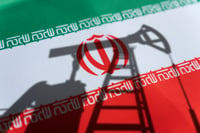

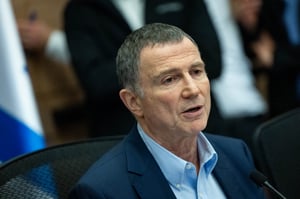
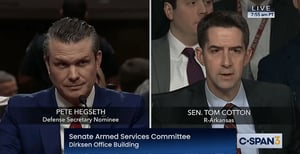
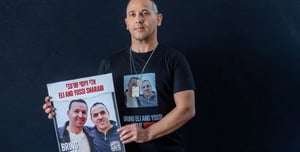
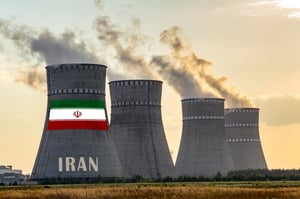
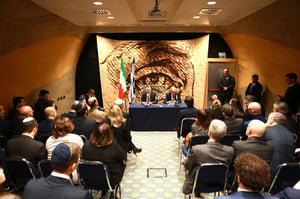
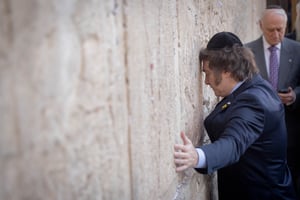
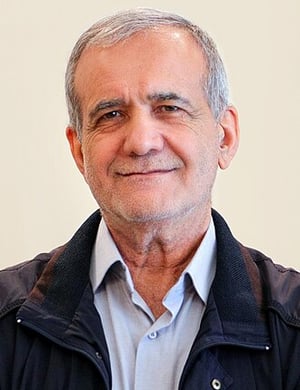
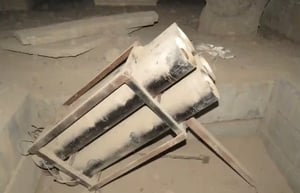
0 Comments